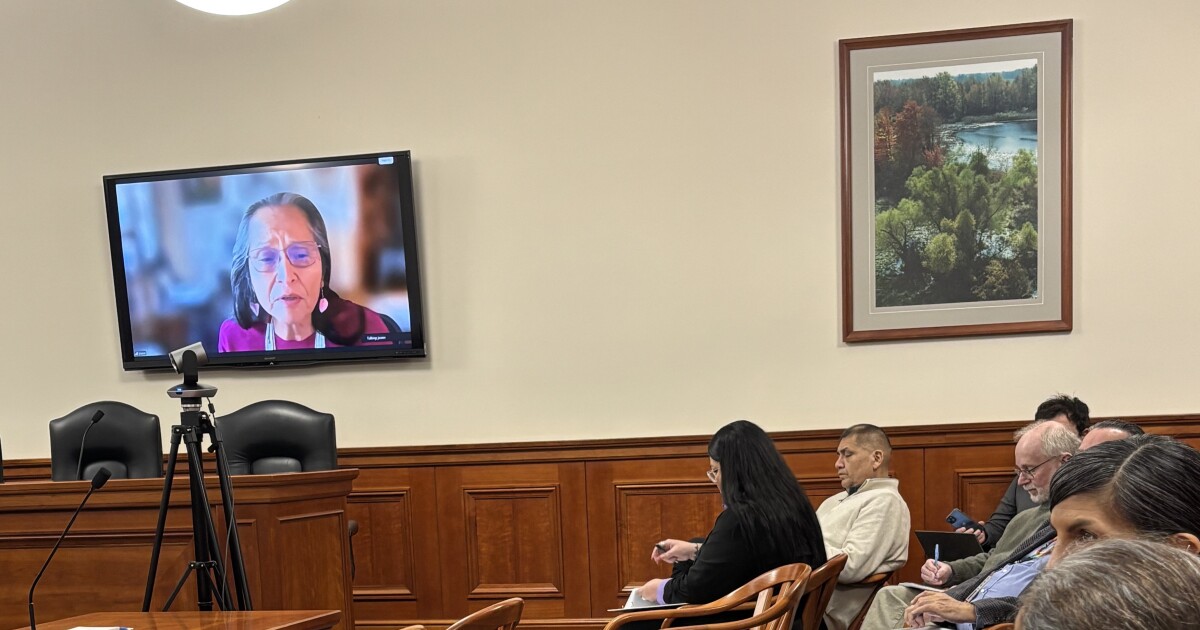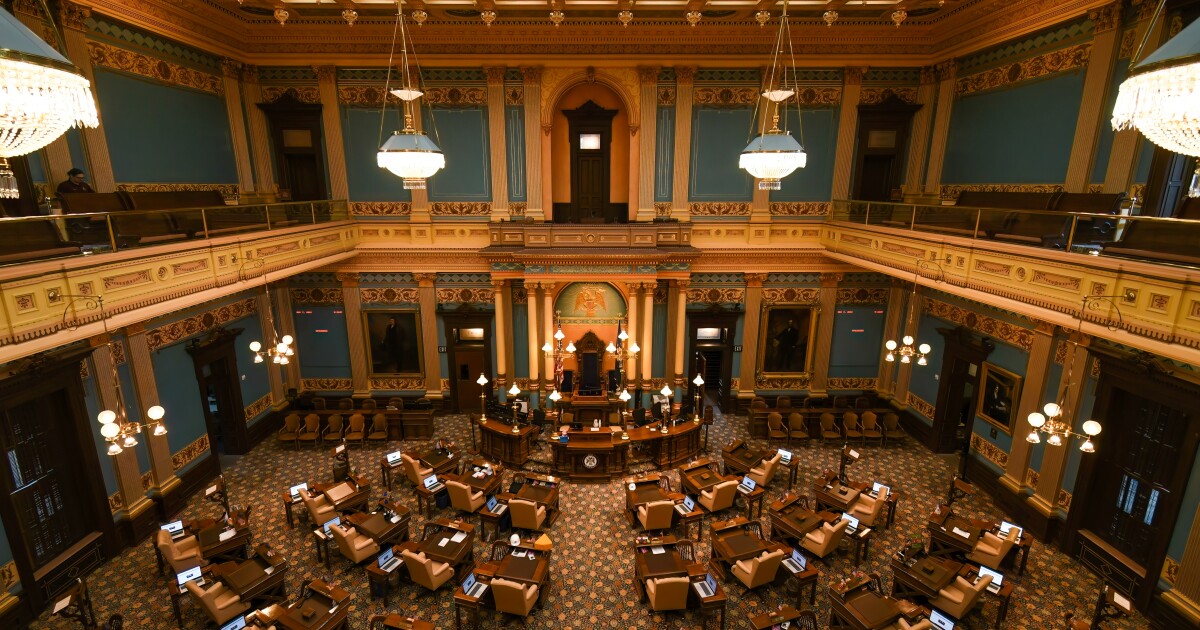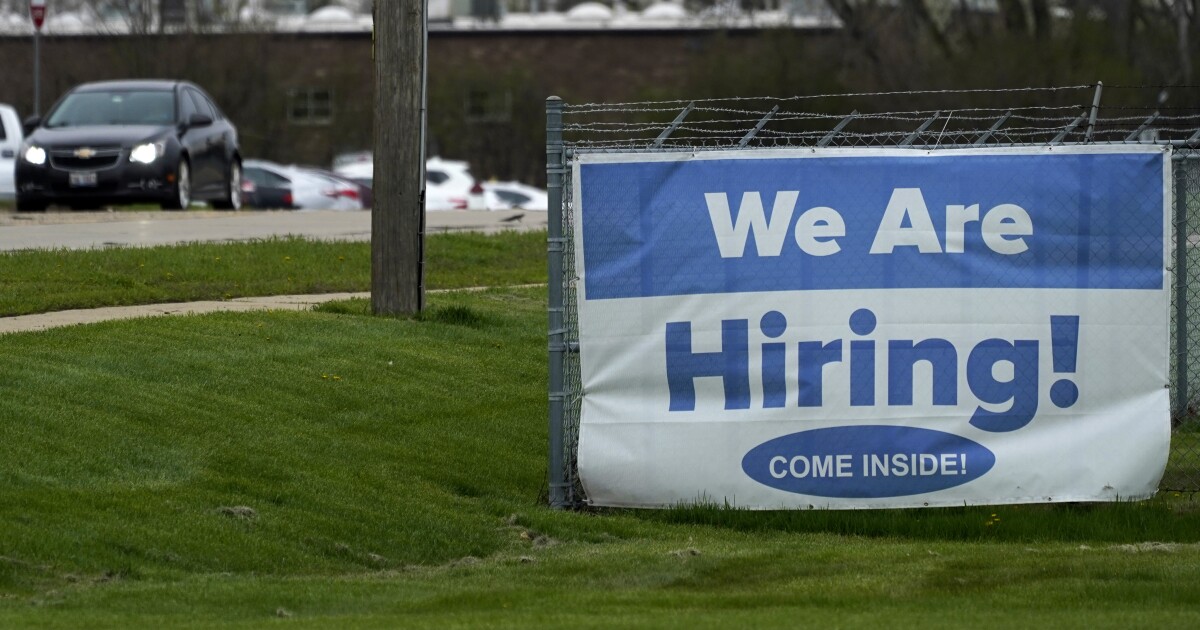Addressing a Mental Health Crisis in Northern Michigan: A New Campus Proposal
In the serene landscapes of Northern Michigan, a pressing issue looms over the community: the critical shortage of mental health facilities. For years, families have struggled to secure necessary care for their loved ones, a dilemma that became glaringly clear to Kate Dahlstrom, the president of the National Alliance on Mental Illness’ Grand Traverse chapter, upon reviewing data in 2021.
“A light came on as to why we were having so much difficulty,” Dahlstrom remarked to Michigan Public. The region, she discovered, is the state’s most underserved in terms of inpatient site beds and crisis residential beds.
The urgency for addressing this shortfall has been underscored by recent incidents, such as a stabbing at a Walmart in Traverse City, which Dahlstrom believes was preventable with adequate mental health resources.
Current guidelines from the Treatment Advocacy Center recommend a minimum of 30 beds per 100,000 people. However, Northern Michigan falls short of this standard, lacking any beds for youth.
To tackle this crisis, Dahlstrom and fellow advocates have proposed the Northern Michigan Mental Health Campus, designed to offer 42 to 52 inpatient and residential beds. The facility would incorporate evidence-based therapies alongside art and music programs, with an estimated cost of $22 million.
Funding is proposed to come from state liquor tax, marijuana tax revenue, and opioid settlement funds. Given the area’s underserved status, there is potential for additional state and federal financial support.
State Representative Betsy Coffia (D-Traverse City) acknowledges the necessity of such a campus but cautions that it addresses only part of a broader issue. “It to me is still treating a symptom instead of going at the underlying root cause,” Coffia stated, highlighting the need for a more holistic approach to solving the mental health crisis.
Coffia’s concerns reflect a wider sentiment about the depth of Northern Michigan’s mental health challenges. “We have a broken mental health system. And yes, it would be good to get, and we desperately need a mental health campus and youth and adult beds. And if we don’t fix those underlying root causes, we will not solve our mental health crisis in Northern Michigan or anywhere else,” she stressed.
—
Read More Michigan News









